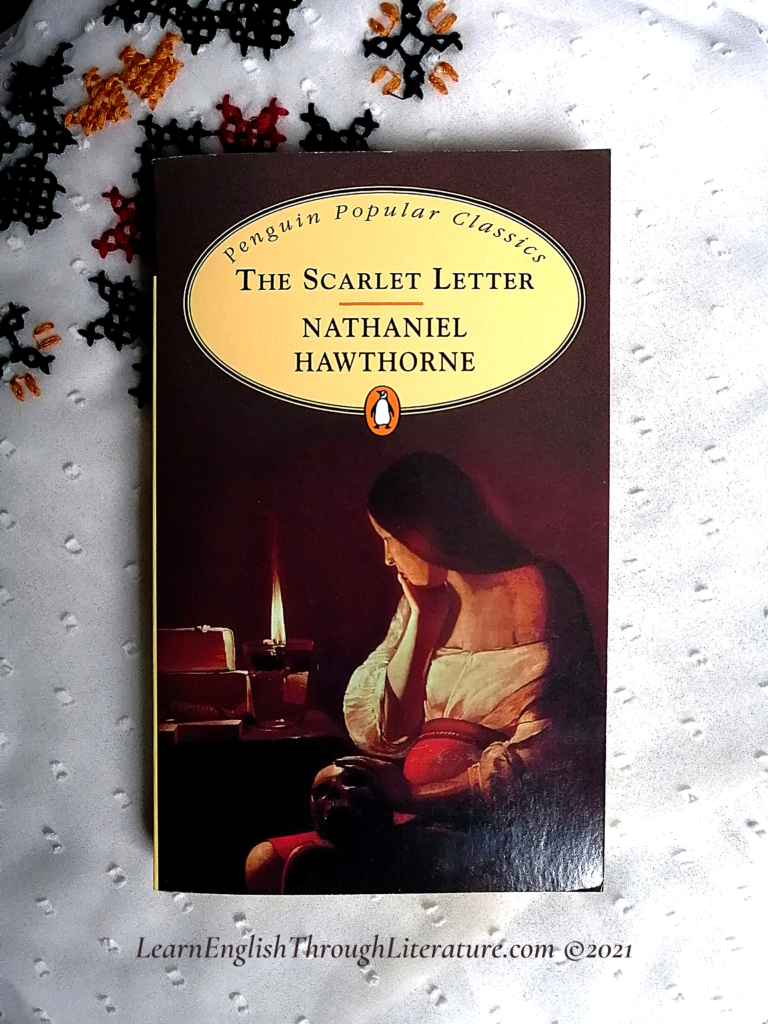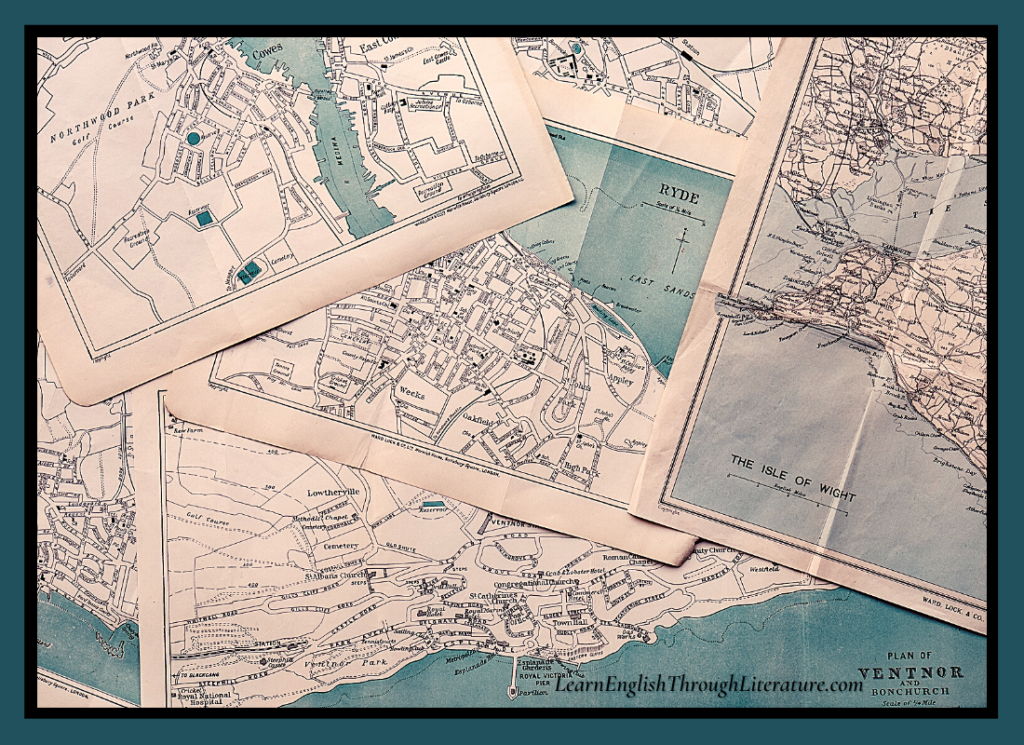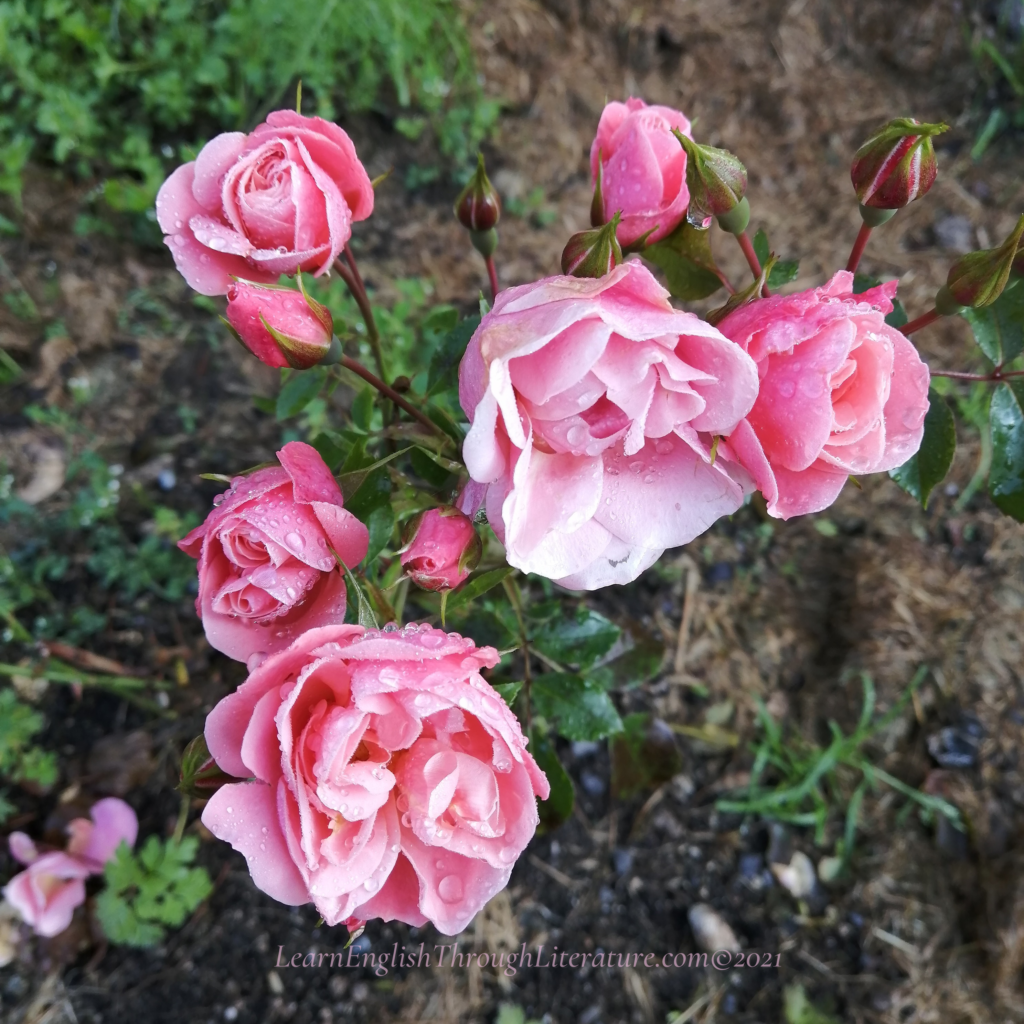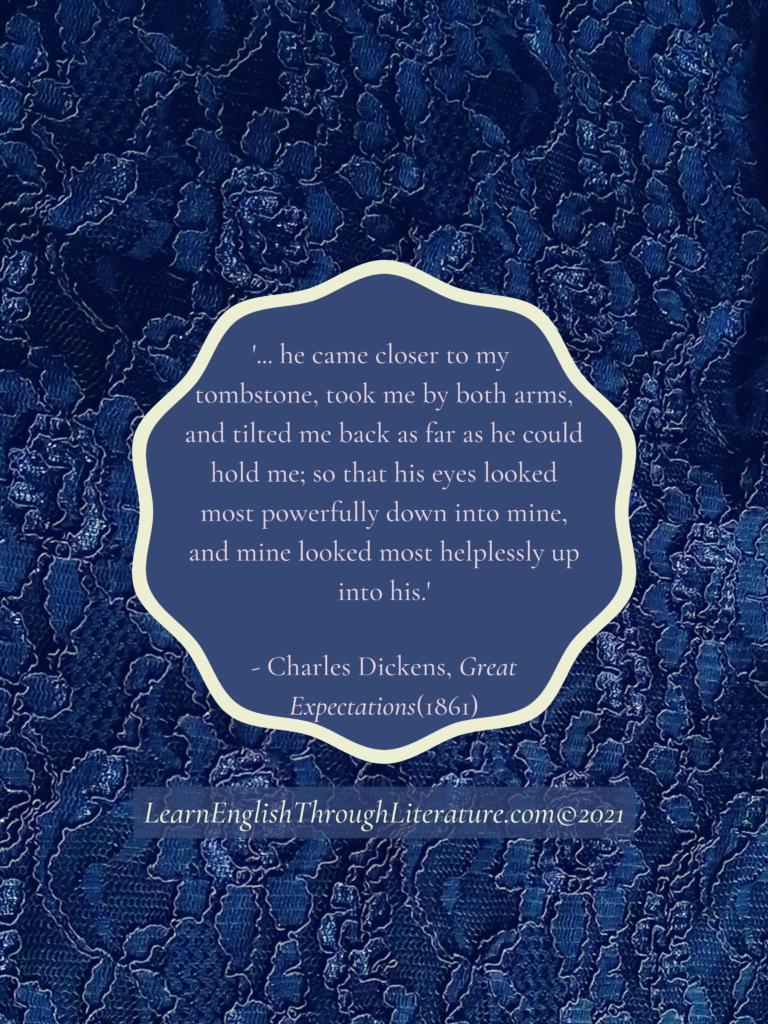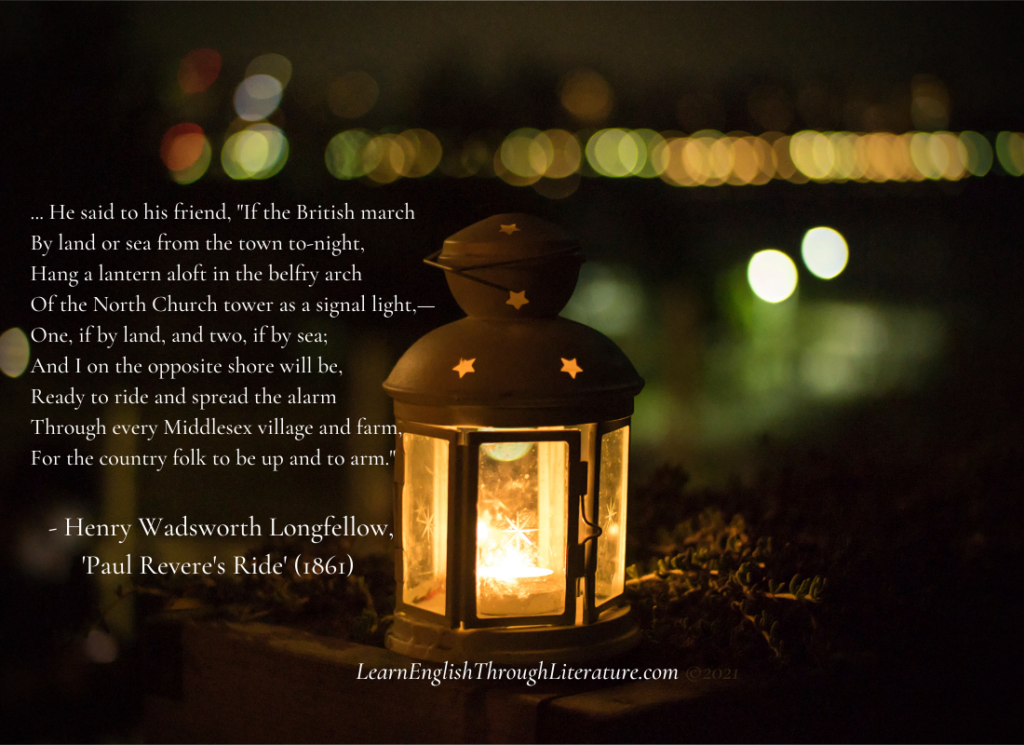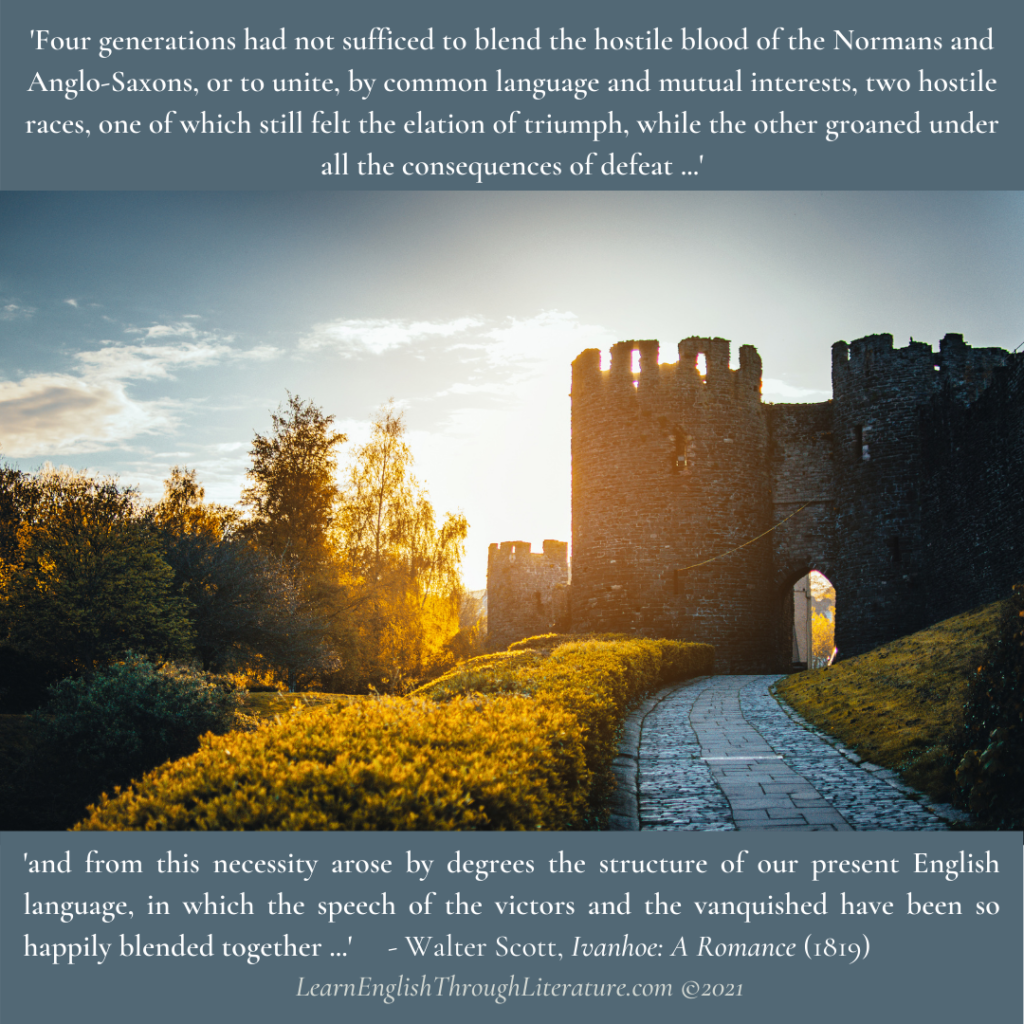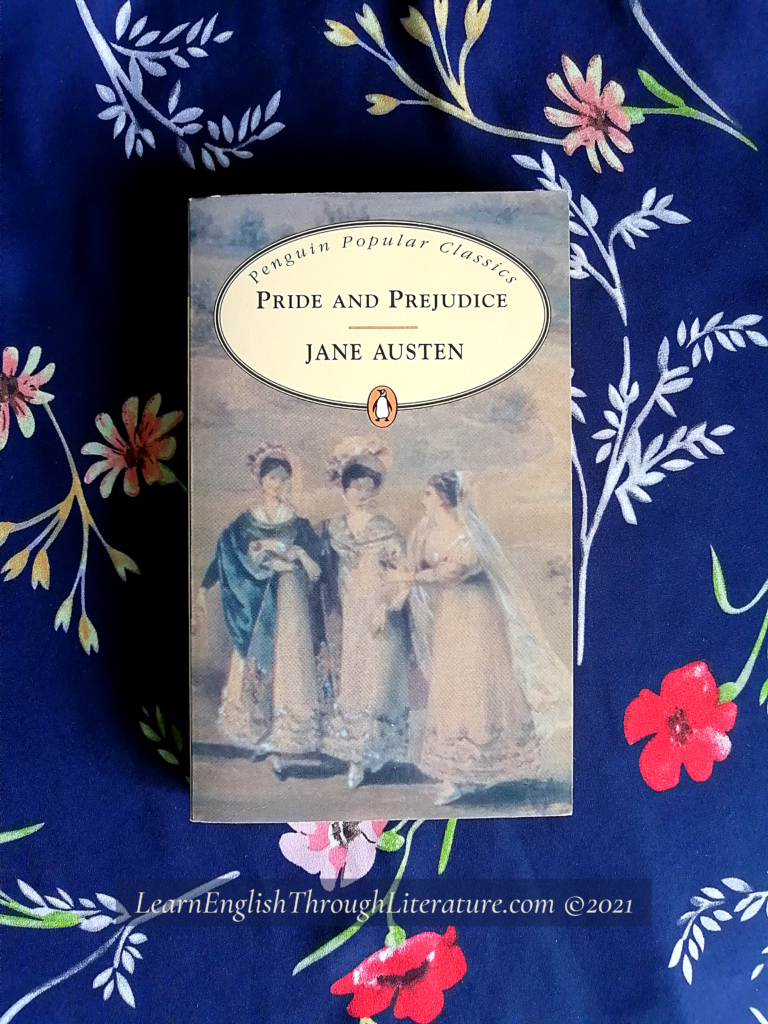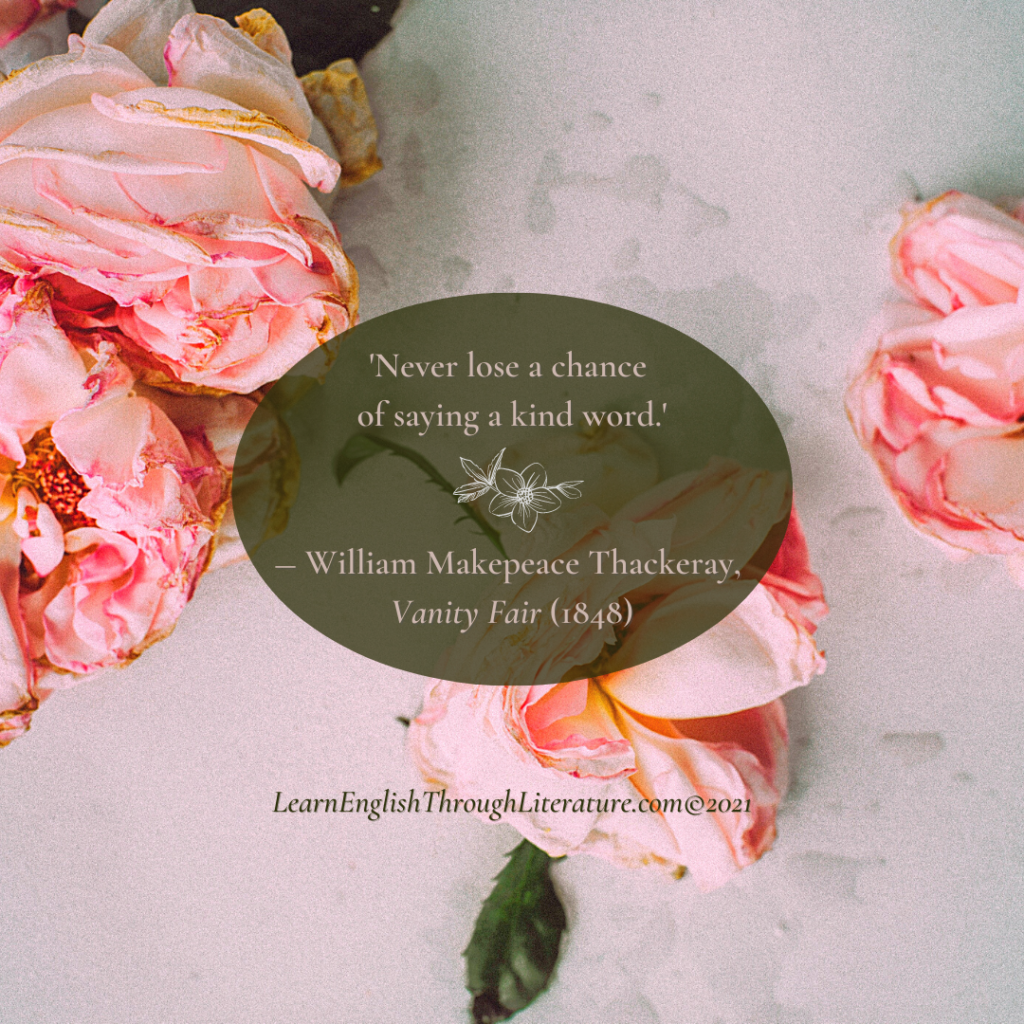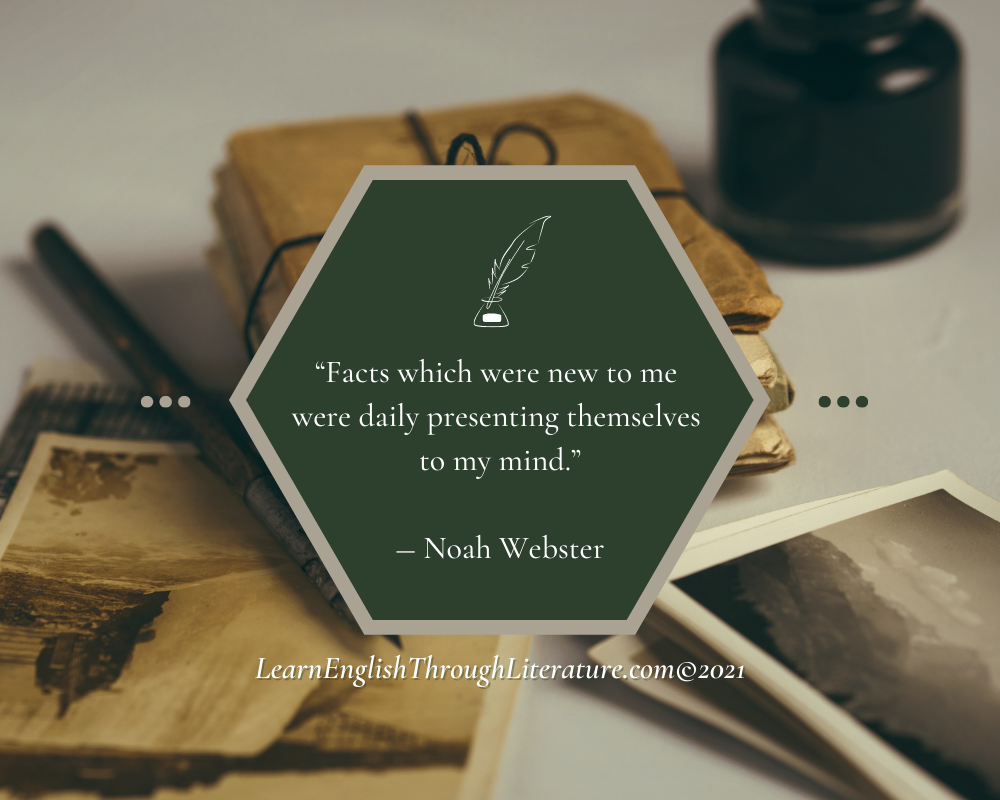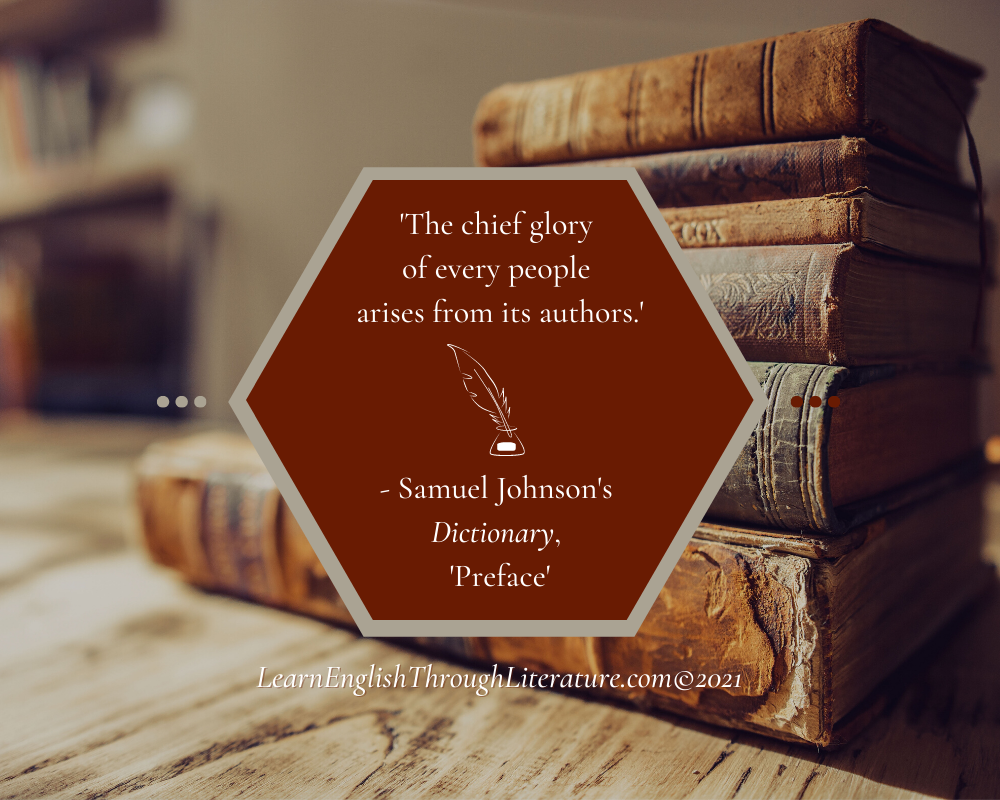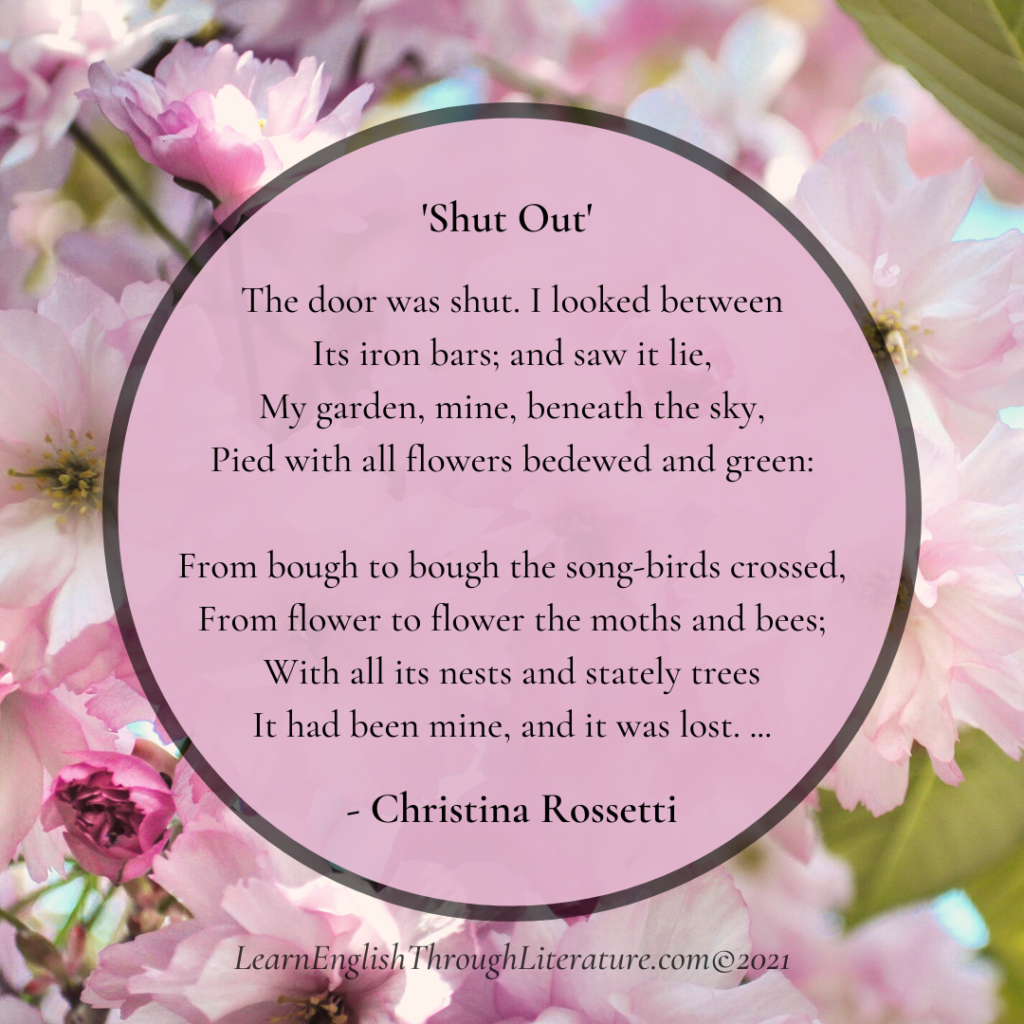Lesson #192: Inversions of Word Order When Using Interrogative and Relative Pronouns
‘Who’, ‘how’, ‘which’, ‘why’, ‘when’, ‘where’ – these are often called question words or interrogative pronouns. But they are also relative pronouns. These two different functions sometimes lead to common mistakes, especially in relation to where they are placed in a sentence’s word order. In this Lesson we will look at the functions of both […]
Lesson #192: Inversions of Word Order When Using Interrogative and Relative Pronouns Read More »

